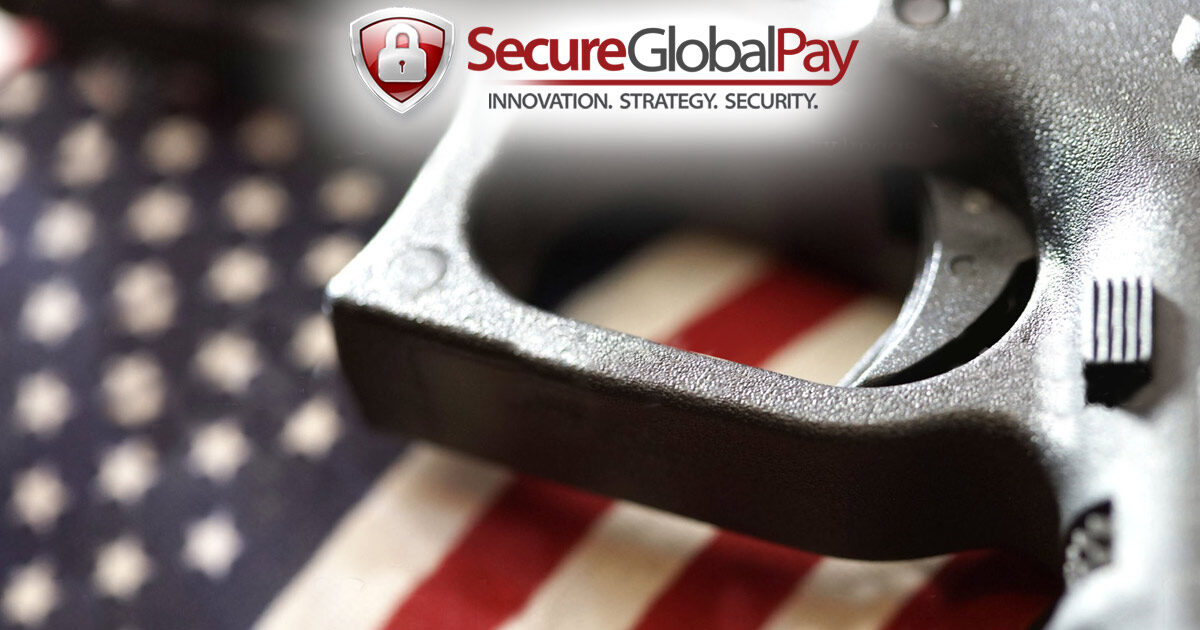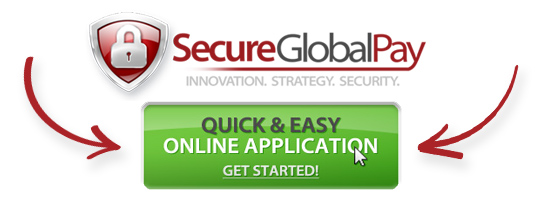
Gun Merchant Accounts for Firearm Dealers
With over 393 million firearms registered in the United States, gun merchant accounts for the firearms industry are in high demand and gun-friendly credit card processors like SecureGlobalPay are here to assist. The firearms and ammunition industry made $63.49 billion in 2020. America is by far the wealthiest nation in terms of gun ownership.
Statistics show that 32% of the adult population personally owns a firearm and 44% admitted that they lived in a household where a firearm was present.
This comprehensive research was carried out by the Small Arms Survey—a global project from the Graduate Institute of International and Development Studies in Geneva, Switzerland.
The survey using data from 230 countries arrived at the conclusion that America had the highest rate of per capita firearm ownership globally which is two times more than the 2nd highest nation, Yemen.
Selling guns is a profitable business and people are highly likely to use a credit card rather than cash to purchase firearms because firearms are high-ticket items.
Unfortunately, gun shop owners and firearms retailers are considered risky when compared to other merchants.
And because of this, most financial institutions and credit card processing companies refrain from offering merchant services to firearms merchants.
Fortunately, there are gun-friendly credit card processors that can help firearm dealers obtain firearms merchant services. These acquirers provide payment processing solutions for both online firearm sales and point-of-sale transactions as well.

Why a Merchant Account for Firearms & Ammunition Sales is Considered High Risk
A merchant account for firearms is considered high risk as most states have individual gun laws and this leaves the legality of owning or carrying a registered firearm across state lines very confusing.
American citizens have the right to carry firearms courtesy of the Second Amendment. But irrespective of this law, there are many irregular regulations that make it complicated to sell firearms. This is the reason why most payment processors prefer to avoid approving merchant accounts for the firearms industry all together.
For instance, U.S. federally licensed gun dealers are expected to carry out background checks on their customers. However, unlicensed private sellers are not under any obligation to follow this law.
For example, in the states of Colorado and New York, background checks are compulsory via the National Instant Criminal Background Check System (NICS).
But in states like Montana and Arkansas, people can make purchases without any background checks, both in person and online via a payment gateway.
Furthermore, many firearms merchant dealers operate online stores, and this makes them vulnerable to chargebacks which is a common trait with high risk merchants.
There is also the worry that many individuals are jumping into the gun selling business because it is profitable.
Most have no idea of how to run a firearms business effectively and struggle to fulfill orders, prompting customers to dispute transactions and issue chargebacks.
There is also a high rate of fraudulent activity often associated with card-not-present transactions.
This development allows criminals to use stolen credit cards for purchases online.
It makes it easier for people to access handguns and weapons irrespective of their protective orders and felony convictions.

Gun Merchant Accounts & Credit Card Processing
It is important for gun merchant accounts to comply with state and federal law in order to avoid termination. The first thing a gun dealer needs is to obtain a Federal Firearms License. This is a document issued by the government giving permission to legally sell firearms.
It may be possible for some dealers to sell unfinished receivers without a license in certain states and receive payments with a gun-friendly firearms merchant account.
However, it is impossible to open a true gun merchant account for the sales of regulated and non-regulated firearms without an FFL.
Once a Federal Firearms License has been obtained and your merchant application has been properly filled out, here are some of the documents you should submit with the application:
- Valid government-issued identity card
- Possible Bank letter
- Pre-printed voided check
- Social Security Number
- Employer Identification Number
- Bank statements (3 months prior)
- Payment processing statements (3 months prior) – if applicable

Gun Friendly Payment Processing for The Firearms Industry
When you open a gun friendly merchant account with a gun-friendly friendly payment processor, your business is given a merchant category code (MCC)—a high-risk category associated with firearms.
This high-risk category is reserved for industries with a high rate of fraud and chargebacks as well as items burdened with too many regulations.
Since the sale of firearms is rife with all these things mentioned, the high-risk tag applies.
Merchants selling gift items, accessories, and other goods along with firearms are advised to open a separate merchant account for these products.
It is always best to have multiple merchant accounts for specific products because they come with different risk profiles and guidelines.
Benefits of Using a High-Risk Gun Merchant Account
Better sales: Providing customers with a variety of payment options cuts down cart abandonment and leads to more sales.
Customers are more inclined to buy products when they are offered flexible payment options.
Quick and effective: Credit card processing is a convenient and faster way to conduct transactions. A credit card system allows a merchant to run a business seamlessly without hiccups.
A high-risk gun sales merchant account allows merchants to manage transactions effectively with online invoicing and payment reminders.
Protection and security: High-risk merchant processors know gun shops attract plenty of risk.
Gun friendly card processors understand that gun businesses are more prone to chargebacks and fraud than low-risk merchants and have reliable systems in place to protect their customers.

Cost of Operating a Business for Guns and Ammunition Merchants
When seeking out merchant accounts for the firearms industry, you need a strategy to decide which specialist best suits your business.
Credit card processing is more expensive for high risk merchants than their low risk counterparts.
Every transaction attracts a fee that is broken into 3 different components: interchange, assessments and mark-up costs.
Interchange and assessment costs are fixed and are paid to credit card companies as well as issuing banks.
However, mark-up costs can be negotiated and the best way to do this is to negotiate a similar rate to an interchange fee.
Other costs you need to be aware of when operating a gun merchant account include:
- Setup fee
- Monthly fee
- Yearly fee
- PCI fee
Termination fees may apply when you close a gun merchant account prematurely.
It helps to always read the terms and conditions before signing any contract to avoid hidden or unnecessary charges.
High-risk merchants can also pay rolling reserves. This is an extra layer of protection against chargebacks and fraud incidents usually associated with high risk industries.
When a customer files a chargeback or reversal of funds, merchants are expected to pay fees as well.
SecureGlobalPay has what it takes to get you approved and keep you processing for all your higher risk transactions, including firearms and ammunition sales.




